Small-scale hydropower refers to hydroelectric power installations that generate electricity in a decentralized manner, typically ranging from a few kilowatts to about 10 megawatts. These systems have gained attention as a viable solution for providing renewable energy to rural and remote communities, offering numerous benefits in terms of energy access, environmental sustainability, and economic development.
Benefits of Small-Scale Hydropower
- Energy Accessibility: Small-scale hydropower projects can significantly enhance energy access in underserved areas. Many rural communities lack reliable electricity sources, and small hydropower systems can be tailored to local water resources, providing a stable and consistent energy supply. This access to electricity can power homes, schools, and health facilities, improving the overall quality of life.
- Environmental Sustainability: Unlike fossil fuels, small-scale hydropower generates electricity with minimal greenhouse gas emissions. These systems typically have a lower environmental impact compared to large-scale hydropower projects, as they often avoid large dams and extensive reservoir constructions. Their smaller footprint allows for the preservation of local ecosystems and wildlife habitats.
- Community Empowerment: Small-scale hydropower projects often involve local communities in their planning, implementation, and management. This inclusive approach fosters a sense of ownership and empowerment, enabling communities to take charge of their energy resources. Local governance and participation can also lead to better maintenance and sustainability of the systems.
- Economic Development: By providing a reliable source of energy, small-scale hydropower can stimulate local economies. Access to electricity can facilitate entrepreneurship, improve productivity in agriculture and small industries, and attract investment. Furthermore, these projects can create job opportunities during construction and operation, contributing to local economic growth.
Challenges and Considerations
While small-scale hydropower presents many benefits, there are challenges that need to be addressed:
- Site Suitability: Identifying appropriate sites for small-scale hydropower can be complex. Factors such as water flow, topography, and ecological considerations must be assessed to ensure the project’s feasibility and minimize environmental impacts.
- Funding and Investment: Securing financing for small-scale hydropower projects can be a hurdle, especially in developing countries. While the initial investment may be lower than that of large projects, funding options can be limited, requiring innovative financing models and partnerships.
- Regulatory Framework: Navigating regulatory requirements can be challenging for small-scale developers. Streamlined permitting processes and supportive policies are crucial to promote the growth of small hydropower and facilitate its integration into local energy systems.
Innovative Examples
Globally, numerous successful small-scale hydropower projects have demonstrated the potential of this renewable energy source. For instance, micro-hydropower systems in Nepal and Bhutan have empowered rural communities by providing electricity for lighting, irrigation, and small businesses. Similarly, projects in Africa have improved energy access in remote areas, enhancing livelihoods and supporting sustainable development.
Conclusion
Small-scale hydropower offers a promising pathway to renewable energy access for communities around the world. By harnessing local water resources, these projects can provide reliable electricity, promote economic development, and support environmental sustainability. As the world continues to seek innovative solutions to combat climate change and improve energy access, small-scale hydropower stands out as a crucial player in the transition to a more sustainable energy future. With continued investment, supportive policies, and community engagement, small-scale hydropower can empower communities and contribute significantly to global renewable energy goals.

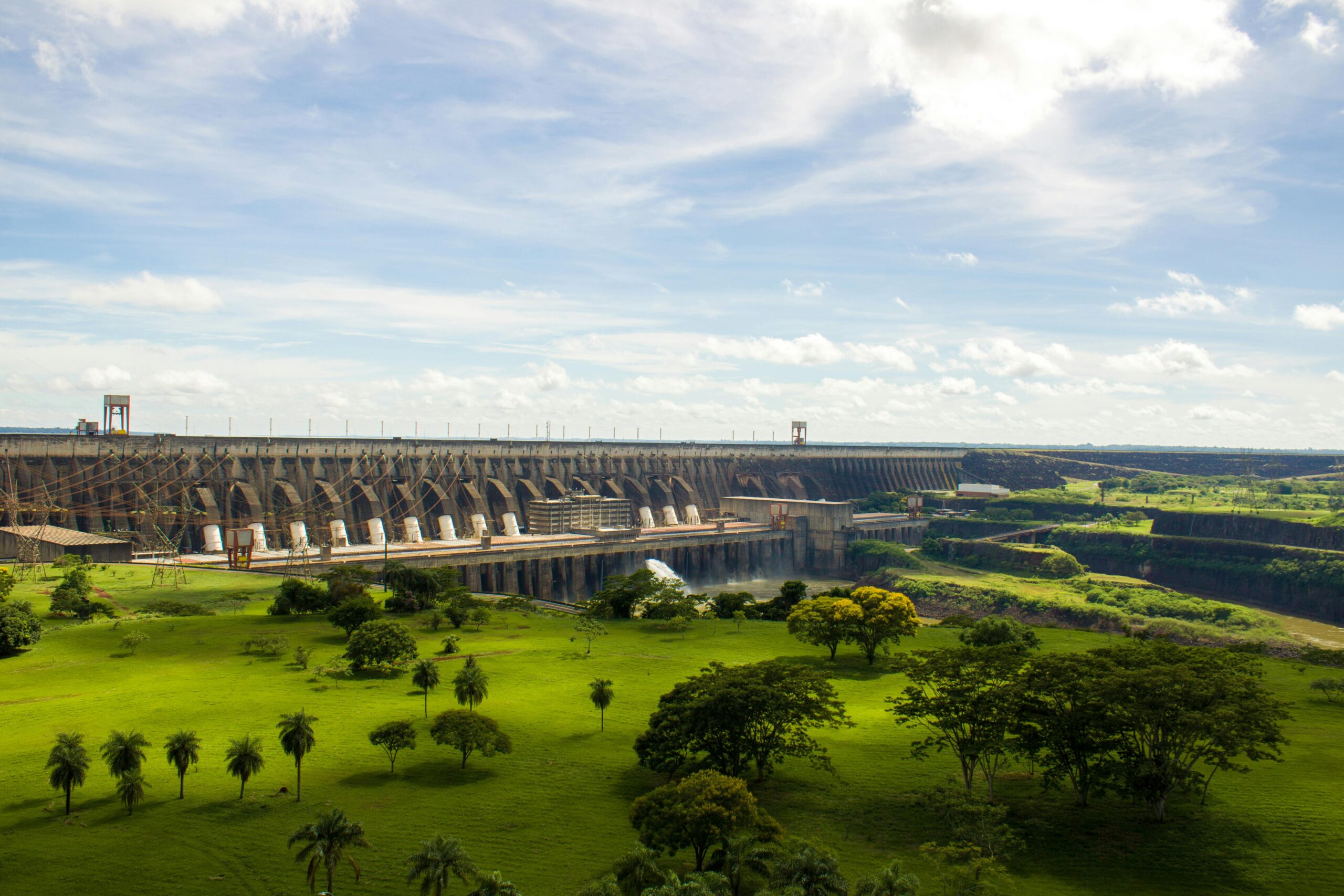
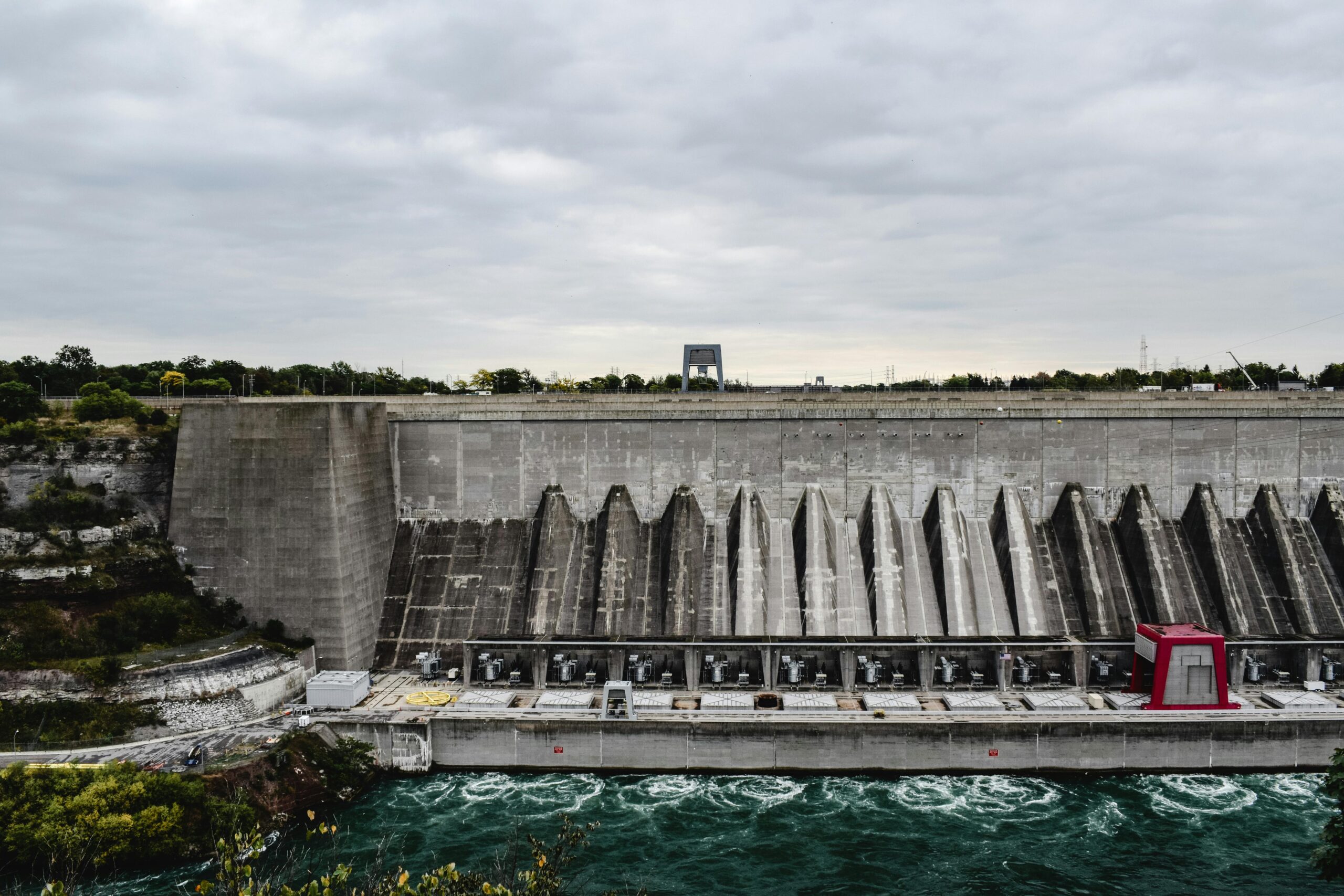

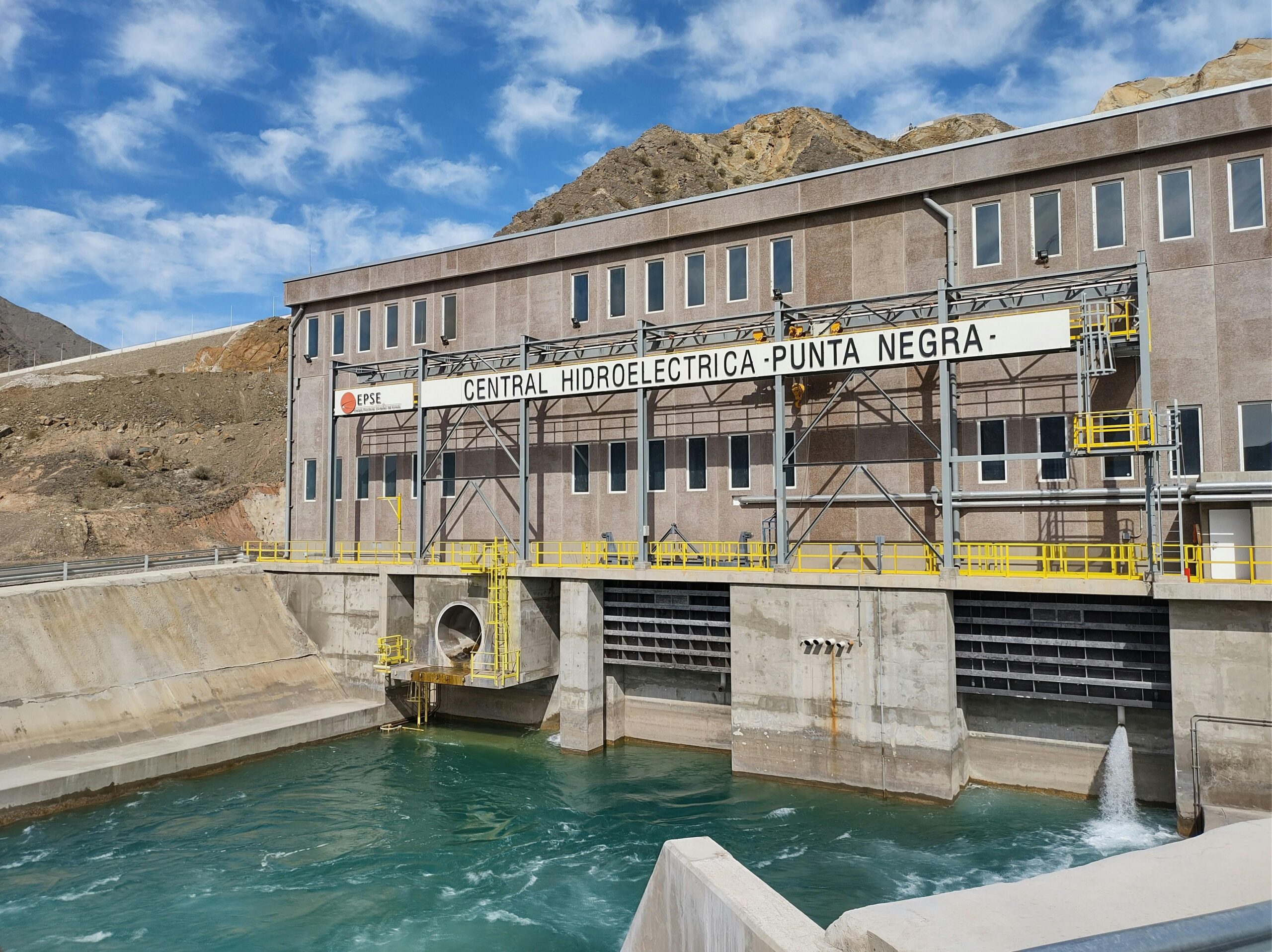
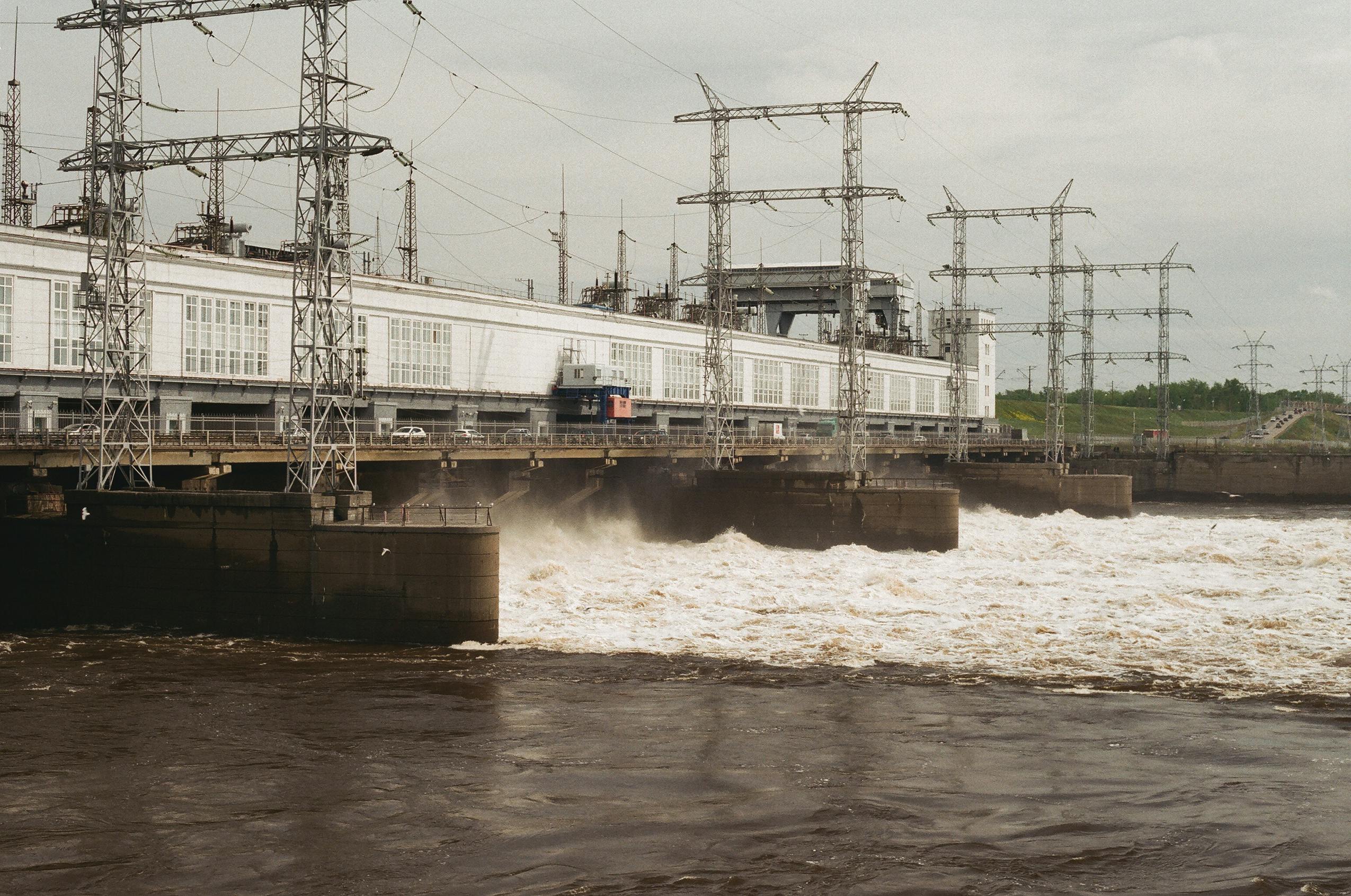

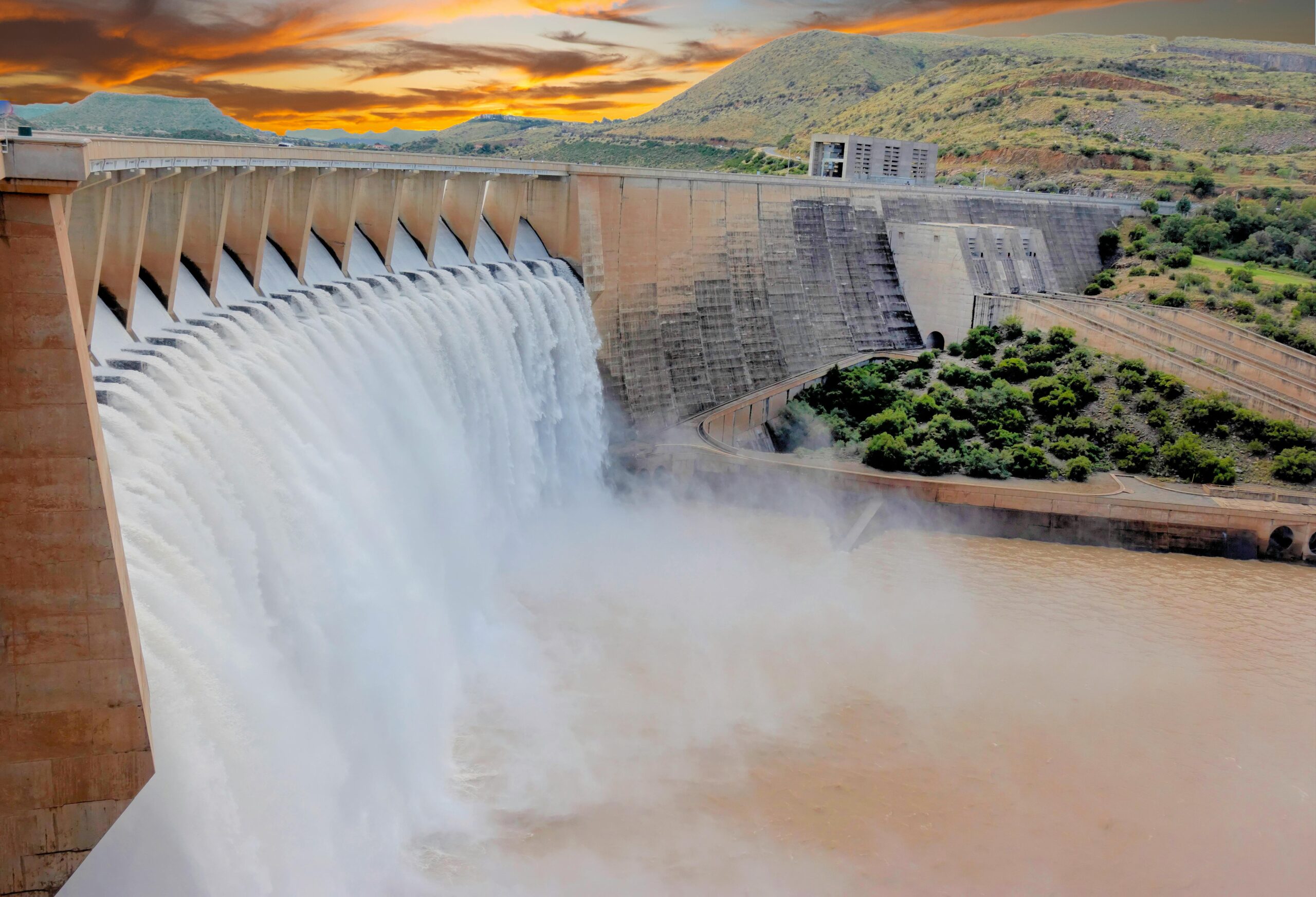
Leave a Comment